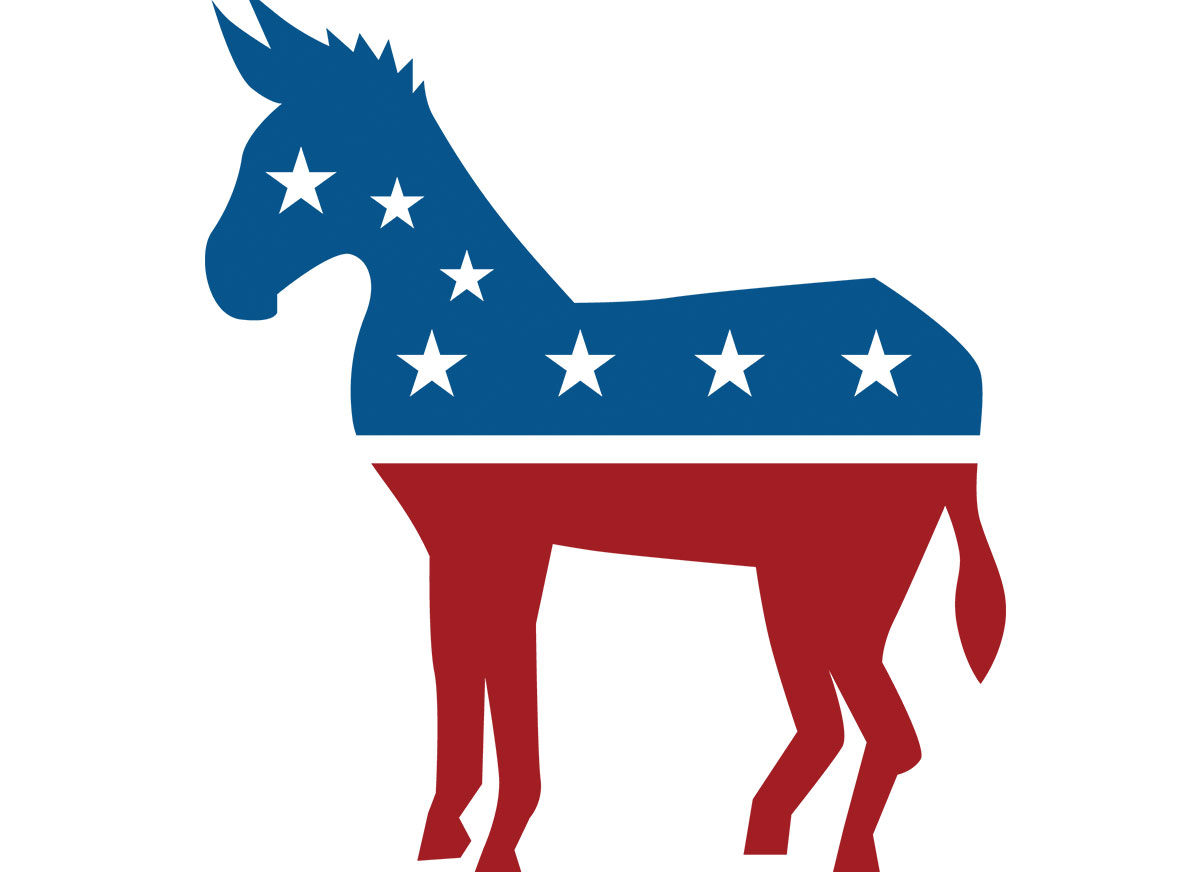About Publications Library Archives
heritagepost.org

Preserving Revolutionary & Civil War History

Preserving Revolutionary & Civil War History

Date:1860
Annotation: The slavery dispute dominated the election of 1860. The emphasis placed on the Dred Scott decision (that Scott remain a slave) splintered the Democratic Party into three factions: Most Northern Democrats supported Stephen A. Douglas; Southern delegates adopted a pro-slavery stance and nominated John C. Breckinridge; more moderate Southerners nominated John Bell, who called for preserving the Union.
The party divisions gave Abraham Lincoln’s Republican Party a significant advantage. Lincoln won the presidential race and vowed to keep slavery out of the territories. While Lincoln was considered an anti-slavery president, he was not an abolitionist. The secession of Southern states sealed the fate of the Union, as Lincoln failed to rally national consensus to settle the dispute over the future of slavery.
Document: Democratic Platform of 1860 (Douglas faction)
June 18, 1860 Baltimore, Maryland
1. Resolved, That we, the Democracy of the Union in Convention assembled, hereby declare our affirmance of the resolutions unanimously adopted and declared as a platform of principles by the Democratic convention at Cincinnati, in the year 1856, believing that Democratic principles are unchangeable in their nature, when applied to the same subject matters; and we recommend, as the only further resolutions, the following:
2. Inasmuch as difference of opinion exists in the Democratic Party as to the nature and extent of the powers of a Territorial Legislature, and as to the powers and duties of Congress, under the Constitution of the United States, over the institution of slavery within the Territories, Resolved, That the Democratic party will abide by the decision of the Supreme Court of the United States upon these questions of Constitutional law.
3. Resolved, That it is the duty of the United States to afford ample and complete protection to all its citizens, whether at home or abroad, and whether native or foreign born.
4. Resolved, That one of the necessities of the age, in a military, commercial, and postal point of view, is speedy communication between the Atlantic and Pacific States; and the Democratic party pledge such Constitutional Government aid as will insure the construction of a Railroad to the Pacific coast, at the earliest practicable period.
5. Resolved That the Democratic Party are in favor of the acquisition of the Island of Cuba on such terms as shall be honorable to ourselves and just to Spain.
6. Resolved, that the enactments of the State Legislatures to defeat the faithful execution of the Fugitive Slave Law, are hostile in character, subversive of the Constitution, and revolutionary in their effect.
7. Resolved, That it is in accordance with the interpretation of the Cincinnati platform, that during the existence of the Territorial Governments the measure of restriction, whatever it may be, imposed by the Federal Constitution on the power of the Territorial Legislature over the subject of the domestic relations, as the same has been, or shall hereafter be finally determined by the Supreme Court of the United States, should be respected by all good citizens, and enforced with promptness and fidelity by every branch of the general government.
Source: : National Party Platforms: Volume I 1840-1956, compiled by Donald Bruce Johnson, University of Illinois Press, pp. 30-31